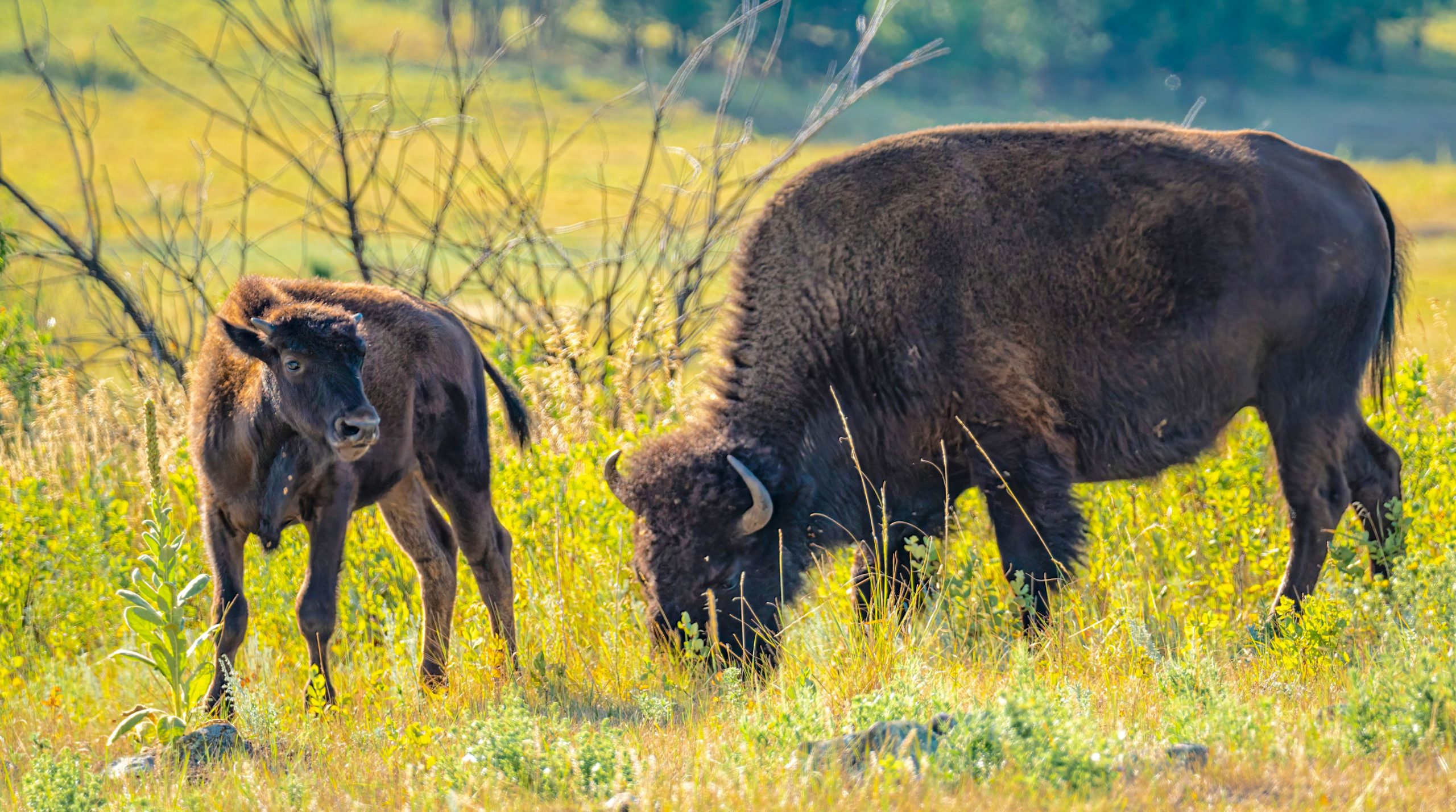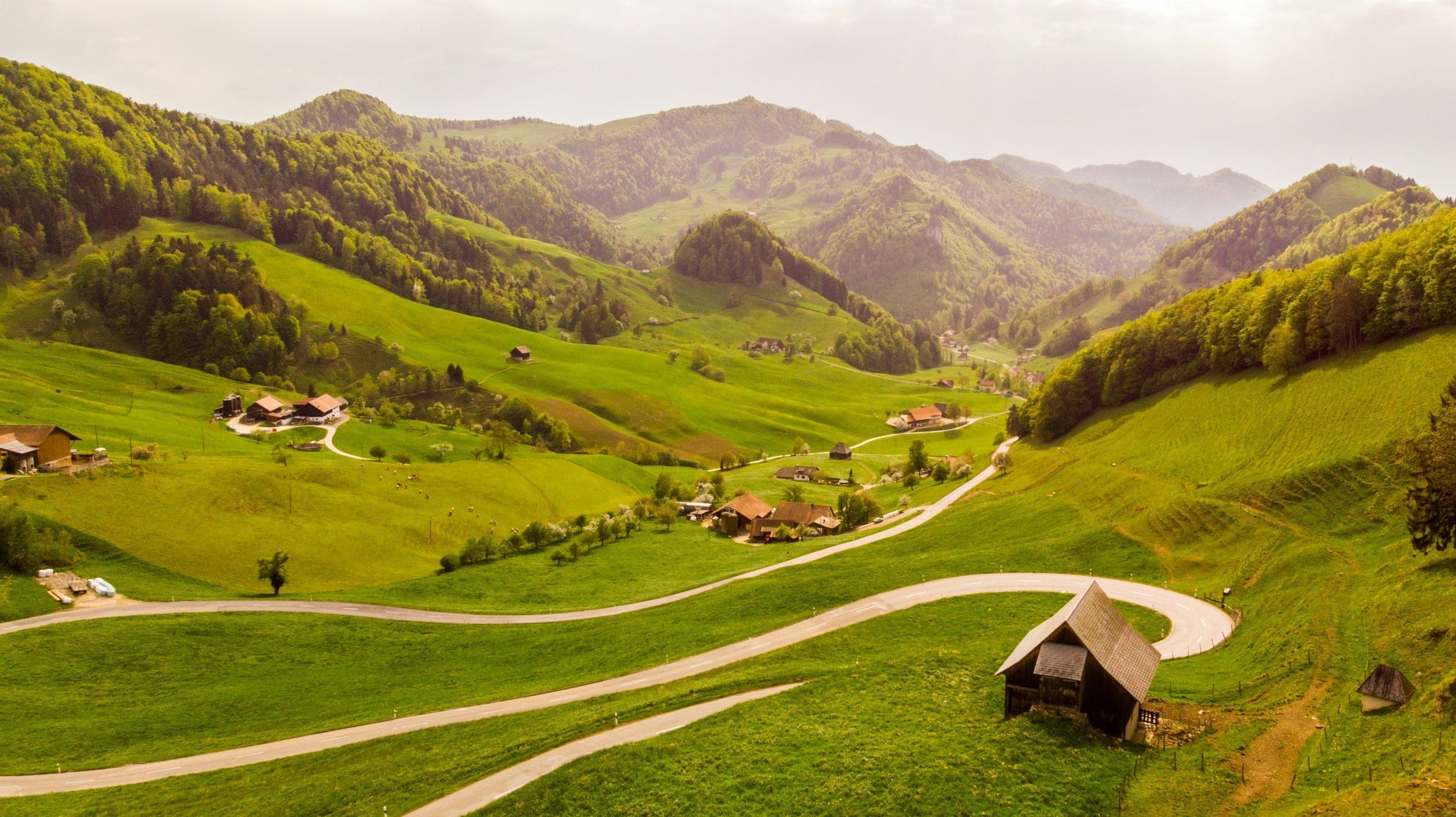What follows isn’t medical advice — it’s a reminder to reclaim ownership of your health, your body, and your awareness. In a world obsessed with quick fixes and synthetic interventions, it’s easy to forget the simplicity of what actually sustains us: movement, nature, breath, and presence. This is an invitation to return to those fundamentals and to question the narratives that keep us sick, distracted, and dependent.
Tag: self reliance
In a world increasingly shaped by complexity and speed, there’s a quiet pull back to the roots — to the land, the seasons, and the rhythms that once sustained human life with grace and simplicity. This conversation explores not only the logistics of regenerative farming and food forest models but also the deeper philosophical and psychological shifts required to return to a way of living that prioritizes harmony over control.
Beyond energy, shelter, food, and water, true self-reliance extends to several other critical aspects that ensure long-term sustainability, resilience, and overall well-being. Achieving true independence means integrating health, waste management, security, skills, community, communication, economic sustainability, and mental resilience into daily life. Each of these elements strengthens the foundation of self-sufficiency, allowing individuals and communities to thrive without reliance on centralized systems.




How to Get Away from the Crazy
Most people feel it long before they can name it — the quiet sense that something fundamental is off in the way we live, work, and organize our lives. We move through routines that drain us, systems that demand obedience, and structures that promise progress while hollowing out the very things that make us human. Beneath the noise, a deeper truth keeps pressing through the cracks — that much of what we’ve accepted as normal is anything but natural, and the cost of participating grows heavier by the year. This piece is an attempt to trace that unease back to its source, to examine the mechanisms that keep us compliant, and to consider what becomes possible once we stop pretending the modern world is built on anything real.